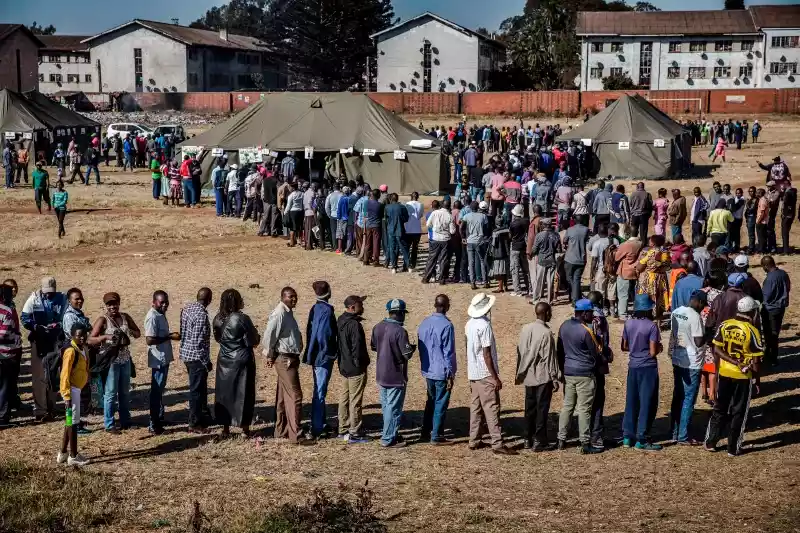
THE election season is upon us and political campaigns, rallies and grand speeches have already commenced in earnest.
Some political parties have since completed the candidate selection process and are now waiting for the Nomination Court to sit on June 21, 2023 as proclaimed by President Emmerson Mnangagwa
The aim of this piece is to suggest ways through which the young (and not so young) people can participate in the country’s electoral and political processes leading to the 2023 harmonised elections.
Contest as a candidate
When Zimbabweans go to the polls on August 23, they are constitutionally given an opportunity to directly elect the President, Members of Parliament, senators and councillors.
The youth, specifically those above the age of 21 are eligible to contest as councillors or Members of Parliament provided that they are registered voters.
While some political parties have already commenced or completed the task of selecting candidates for the 2023 general elections, there is still an opportunity for the youth — and everyone else willing — to contest as candidates.
One way is to contest as independent candidates or, better still, as a candidate under a political party of one’s choice.
- Mr President, you missed the opportunity to be the veritable voice of conscience
- ED to commission new-look border post
- Zanu PF ready for congress
- EU slams Zim over delayed reforms
Keep Reading
Turn up to vote on election day
All Zimbabweans over the age of 18 who wish to cast the ballot must be registered with the Zimbabwe Electoral Commission (Zec) in accordance with the Electoral Act and national Constitution. In accordance with the law, inspection of the voters roll that will be utilised for this year’s harmonised elections concluded on June 2, which was two days following Mnangagwa’s election date proclamation.
Voting is by and large the epitome of citizen participation in electoral processes, hence all registered persons (including the youth) should turn up to vote on election day in their numbers.
Voting gives citizens the opportunity to choose new leaders or to extend the social contract with the incumbents. Voting enables citizens to peacefully voice their opinions and safeguard their future interests.
While it still remains optional to vote or not to, it would be a waste of time for one to register, but later decide not to cast the ballot on election day.
Be an election agent
An election agent is a person who is hired either by a contesting candidate or their political party so that they assess the electoral process on behalf of the candidate or a political party.
Typically, during the election week, political parties and candidates deploy election agents across polling centres for the purpose of observing whether the electoral processes at the polling stations concerned are conducted in accordance with the Electoral Act.
This practice is legally provided for under section 95 of the Electoral Act. For youthful persons, becoming an election agent brings you closer to the world of politics, and you may learn through experience.
Consider volunteering as an election observer
Another way of getting involved in electoral processes is to volunteer or serve as an election observer. During every election in Zimbabwe, there are local and international observers who are accredited by the Zimbabwe Electoral Commission (Zec) to function as observers in line with section 40G of the Electoral Act. Among other things, election observers’ functions include observing the conduct of polling, counting and collating of votes, as well as bringing any irregularity or apparent irregularity to the attention of Zec.
In Zimbabwe, there are several organisations that are — from time-to-time —accredited by Zec to conduct election observation. Opportunities being available, you should consider volunteering within those organisations to become an election observer.
- Brighton Taruberekera is a political and development consultant, writer and researcher. He writes here in his personal capacity.







